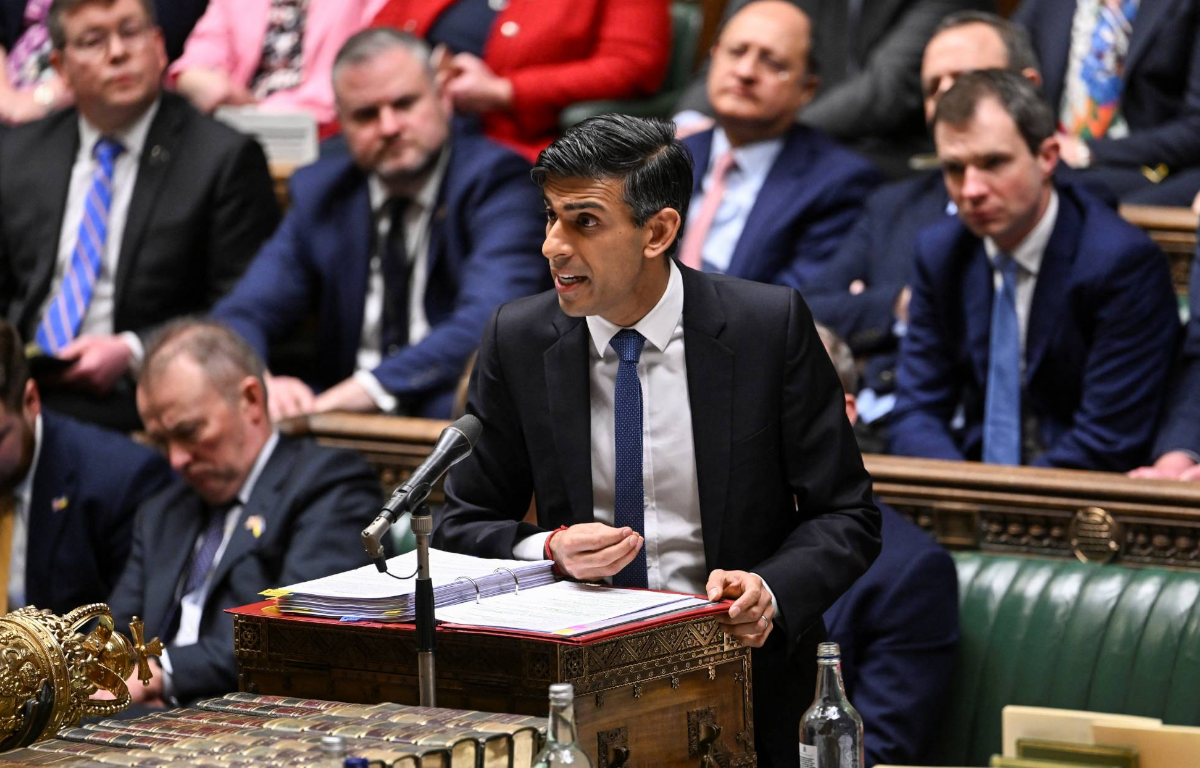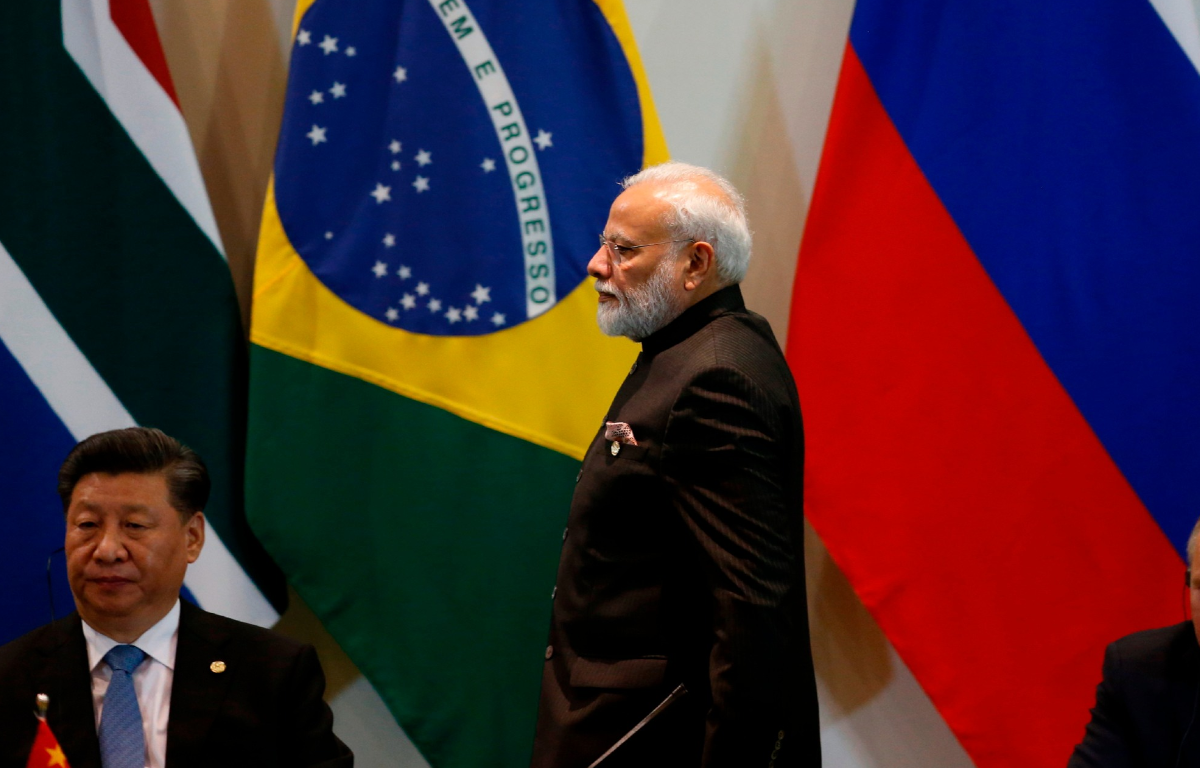
These foreign powers’ attempts to sway American politics have raised concerns about national security, the integrity of democratic processes, and the role of foreign interference in domestic affairs.
Russia’s interference in US politics has been a recurring issue since the 2016 presidential election. The recent impeachment inquiry has shed light on Russia’s continued efforts to influence American lawmakers and public opinion. Reports suggest that certain Republican politicians have maintained close ties with Russian officials and lobbyists, raising questions about potential conflicts of interest and compromised decision-making.
The influence of Russian-backed media outlets and disinformation campaigns has also come under scrutiny. These channels often promote narratives that align with Russian interests, sow discord among Americans, and undermine trust in democratic institutions. Such tactics pose a significant challenge to the transparency and credibility of political processes.
China’s influence in the Republican impeachment inquiry primarily revolves around economic leverage and strategic objectives. The extensive economic ties between China and the US have provided Beijing with opportunities to exert influence through trade deals, investments, and business partnerships. This economic interdependence has prompted concerns about Chinese attempts to influence US policies and decisions through financial incentives and pressure tactics.
Moreover, China’s geopolitical ambitions and rivalry with the US have led to efforts to shape narratives and public discourse. Chinese state media and diplomatic channels may seek to portray certain political developments in a favorable light or discredit narratives that are unfavorable to Beijing’s interests. The goal is to shape public opinion and influence policymakers in ways that align with China’s strategic goals.
The growing evidence of Russian and Chinese influence in the Republican impeachment inquiry raises critical concerns for national security and democratic governance. Foreign interference in domestic affairs undermines the sovereignty of democratic nations and erodes public trust in political institutions. It also poses challenges to fair and impartial decision-making, as lawmakers may face pressure or incentives from foreign actors.
Furthermore, the use of disinformation and propaganda tactics by foreign powers can distort public discourse, polarize societies, and hinder constructive dialogue on important issues. This can create divisions within communities and weaken the fabric of democratic societies, making them more susceptible to external manipulation.
To address the threat of foreign influence in domestic affairs, bipartisan efforts are needed to strengthen cybersecurity, safeguard electoral processes, and enhance transparency in political interactions. Lawmakers must remain vigilant against foreign lobbying and influence peddling, ensuring that decisions are made in the best interests of the country and its citizens.
Additionally, media literacy and public awareness campaigns can help educate the public about the dangers of disinformation and foreign propaganda. Encouraging critical thinking and responsible information consumption is essential to combatting the spread of false narratives and foreign influence operations.










Share this: